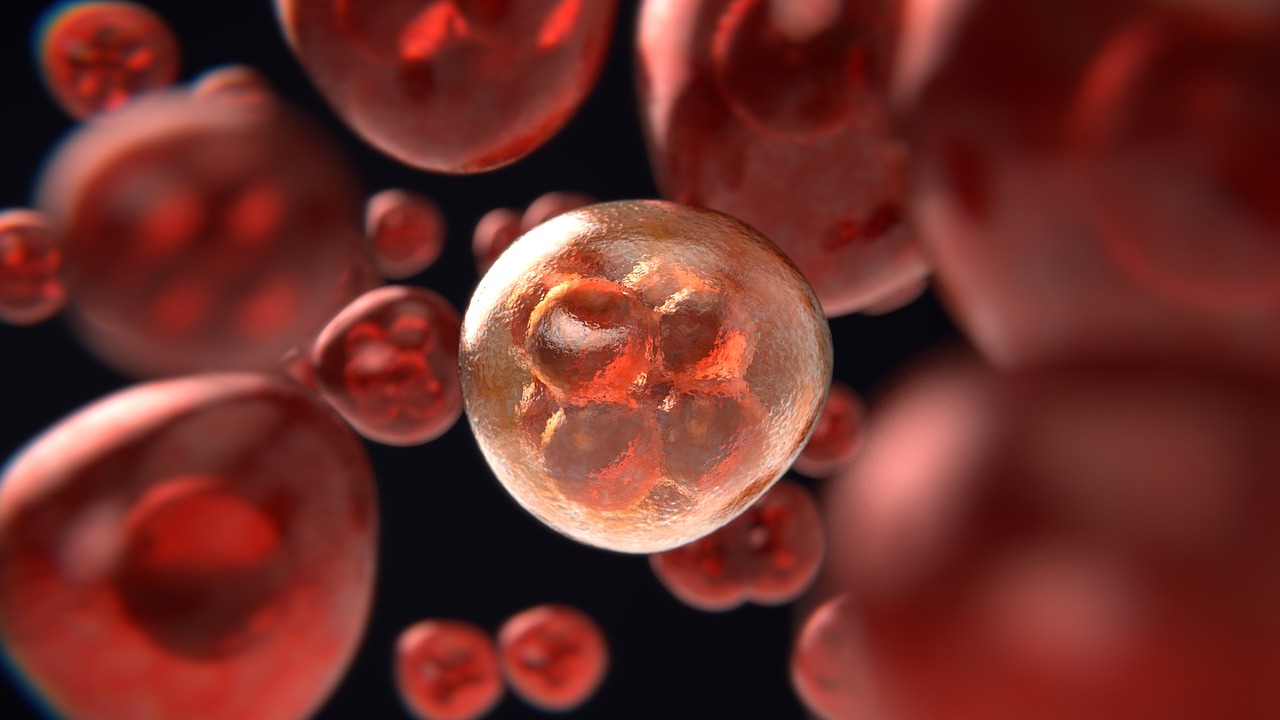
A landmark study involving more than a thousand scientists is offering the most detailed analysis of cancer and could potentially transform cancer treatment.
The study, called the Pan-Cancer Analysis of Whole Genomes Consortium, involved the analysis of the whole genetic code of 2,658 cancers.
Published in the journal Nature, the detailed analysis could allow treatment to be modified to each patient's unique tumor, or develop ways of finding cancer earlier. The researchers said cancer was like a 100,000-piece jigsaw, and that until today, 99% of the pieces were missing.
A cancer is a corrupted form of healthy cells that arises when mutations to the DNA change the cells until eventually they grow and divide uncontrollably. Most of the existing knowledge about this process stems from the sets of genetic instructions for building the body's proteins.
Dr. Lincoln Stein from the Ontario Institute for Cancer Research said: "That's a mere 1% of the whole genome." He pointed out that when treating around a third of patients, doctors will have no idea why their cells had become cancerous.
However, the landmark analysis, which involved teams in 37 countries and more than a decade of studies, was able to determine what the 99% were doing.
Dr. Peter Campbell from the Wellcome Sanger Institute said: "Ultimately, what we want to do is to use these technologies to identify treatments that are tailored to each individual patient."
The researchers were also able to develop a method for "carbon dating" mutations and found that more than a fifth of them occurred years or even decades before a cancer is discovered.
Dr. Peter Van Loo from the Francis Crick Institute mentioned: "We've developed the first timelines of genetic mutations across the spectrum of cancer types. Unlocking these patterns means it should now be possible to develop new diagnostic tests, that pick up signs of cancer much earlier."
However, the scientists also determined that 5% of cancers appear to have no driver mutations at all, indicating that there is still more work to do.






